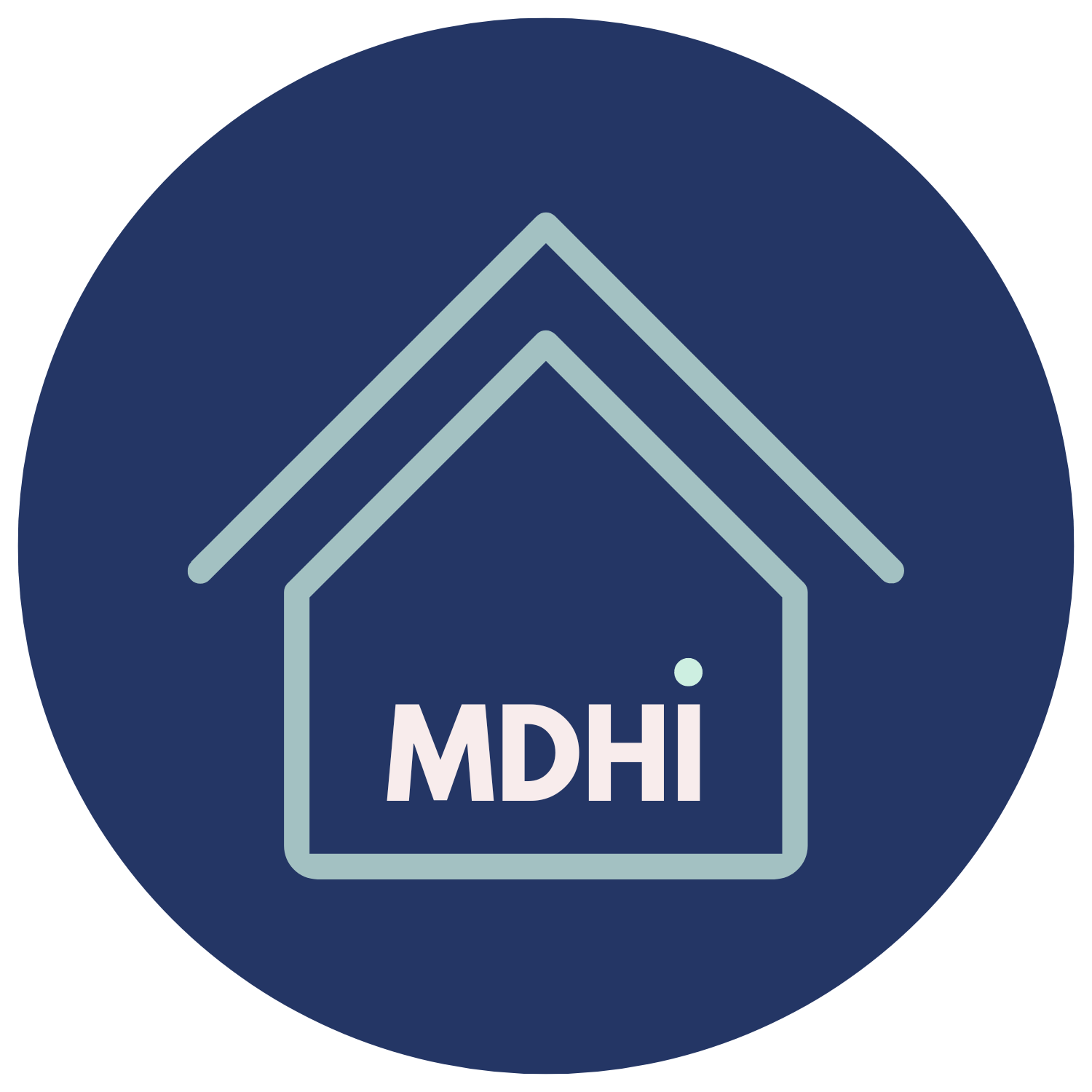This includes background on Coordinated Entry Planning, as well as detailed Policies and Procedures for Access, Assessment, Prioritization, Referral, Data Management, and Evaluation.
Policies & Procedures
Alternate Process
Read the Interim Alternate Process Policies and Procedures before completing the Alternate Process Form.
To promote a person-centered approach to coordinated entry, our Alternate Process is available for individuals and families that meet at least one of the following criteria:
Persons who are unable to complete the standard assessment due to high-acuity mental health conditions or other inhibiting factors. Note that a signed Release of Information is still required to complete this process.
Persons for whom the current prioritization is incongruent with the actual vulnerability of the person surveyed; are there special circumstances or behaviors not captured by the standard assessment that may indicate additional vulnerabilities for this person?
Persons actively enrolled in a OneHome housing resource whose needs and/or preferences necessitate transfer and enrollment in an alternate housing program.
Inactive Policy
The Inactive Policy, located in the OneHome Policies and Procedures, stipulates that following 90 days of inactivity in HMIS, a household will be considered inactive until they reconnect with a community partner.
-
This document outlines recommendations, specific processes in HMIS, and a timeline for complying with the Inactive Policy. It includes the Multiple Denial Policy Addendum.
-
To implement the Inactive Policy, ongoing data clean-up and process improvements are necessary. This document provides detailed instructions on how to update client records (clean-up). Following this process will prevent active clients from appearing on the “Inactive Report."
-
These slides review how to keep clients active in the OneHome Program and how to reactivate them if they become inactive based on the above policy.
Intimate Partner Violence & Domestic Violence (DV) Policy
Read the full Intimate Partner Violence and Domestic Violence Policy
OneHome works with programs serving survivors of domestic violence to design a system that is survivor-friendly. Participants may not be denied access to OneHome on the basis that they have been a victim of domestic violence. This includes those fleeing or attempting to flee domestic violence, dating violence, sexual assault, or stalking.
OneHome makes every effort to ensure survivors of domestic violence have access to Coordinated Entry in a safe and accessible way. The Intimate Partner Violence and Domestic Violence policy includes guidance specific to Victim Service Providers (VSP), non-victim-specific providers, and veteran-specific providers.
Transfer Policy
There are many reasons why a household may need to move from one permanent housing program to another. You can read more about why that would occur, the policy, and the process through the documents below.
Anonymous Client Policy
Read the full Anonymous Client Policy
There may be circumstances where a household does not feel that their Personally Identifiable Information is safe in HMIS. This policy is only for OneHome agencies that use HMIS. It does not apply to any other agencies that use HMIS.
HMIS HelpDesk
Please visit the COHMIS HelpDesk for all questions related to HMIS. You can submit a ticket, review the user guide, check answers to FAQ's, review the privacy notice and other policy documents, download the most recent HMIS forms, and more.

